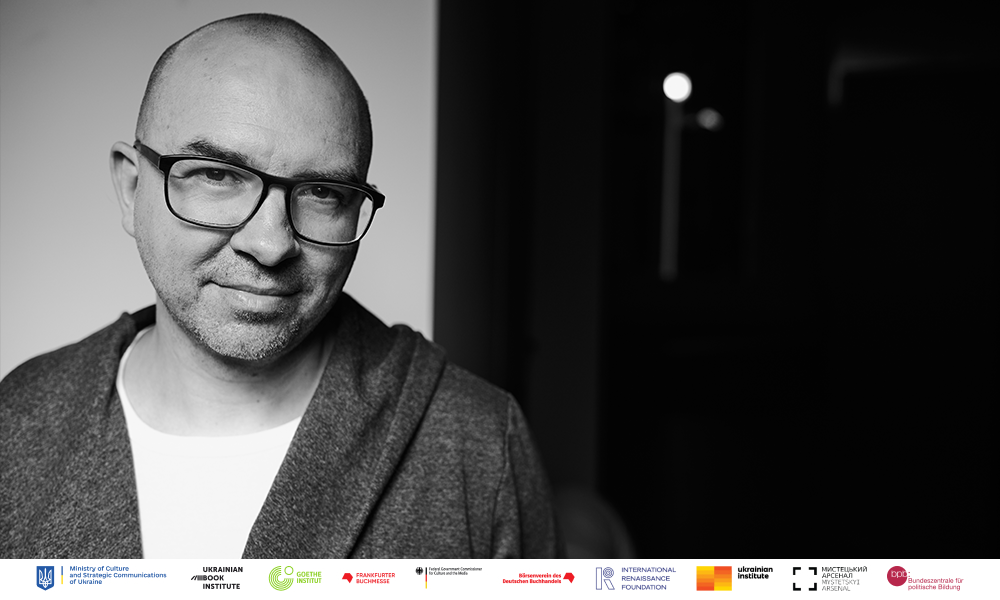The war has a loud voice. It is a voice of explosions, shots, heavy machines. A voice of humans who scream.
But the war is also quiet. It accumulates the silence of those who will never speak. This silence dominates in places destroyed by the Russian army. Kamianka, Dovhenke, Posad-Pokrovske, Moshchun, Dolyna, Velyka Novosilka. Hundreds of others.
In human reality, silence is often handmade. It is often imposed. People are often speechless not because they can’t talk but because they can’t live anymore. Because they are no longer alive.
The reality of any tragic history is this: before protecting freedom of speech you need to protect those who would speak. Before protecting what is said you need to protect those who would say it.
When the voice of a large group of people is lost, it is a wound on the body of the whole of humanity. When a language is lost, it makes the whole of humanity speechless.
Ukraine’s voice has been silenced for centuries. It was silenced by Russian imperial cruelty which prefers uniformity over diversity, violence over conversation. Today Ukraine is fighting to bring its voice back. To make it heard. And by doing so, it is fighting for the rights of the voiceless. For all other nations and groups whose voice has been ignored for so long.
Upon this will to speak Russia tries to impose silence. The silence of war, the silence of death.
Losing a language makes the whole of humanity speechless. Reclaiming the voice of a culture gives the whole of humanity a deeper sensor to see things better than before. To touch the unknown islands of reality. To hear the sound of being.
To hear one of the myriad voices of something big and infinite that we call truth.
Volodymyr Yermolenko, Ukrainian philosopher, writer, journalist, president of PEN Ukraine






